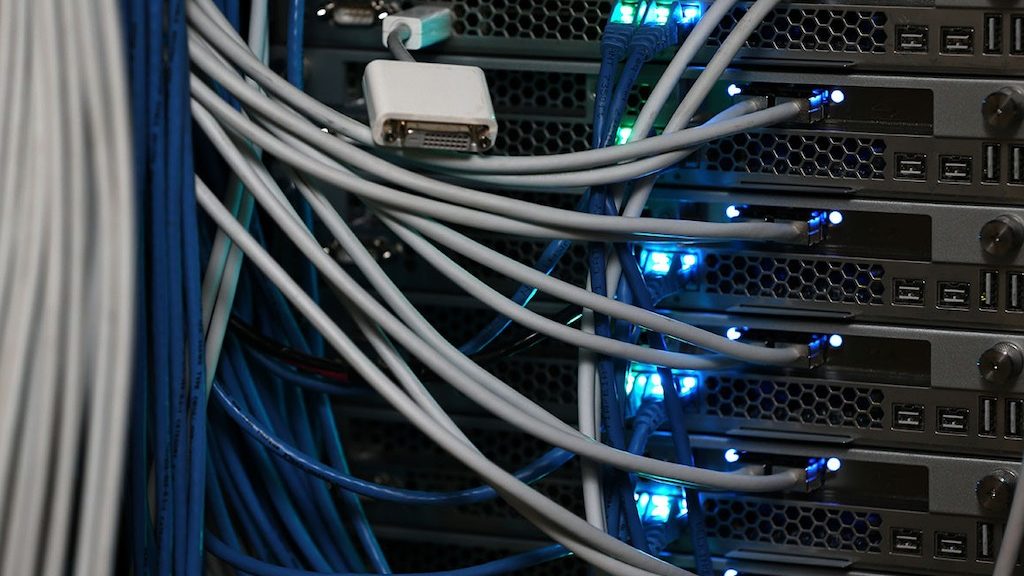Charities hit by major hack, internet security a bad joke as usual – Digital Journal
Network cables plugged into a server. — © Michael Bocchieri/AFP/Getty Images
Those fun folks on the dark web are making themselves useful again with a serious hack of Australian charities. This is the usual story of getting information for fake IDs, phishing, etc. The information includes names and addresses.
One of the problems was that the hacked company, an intermediary called Pareto Phone, had a lot of old information dating back 9 years. In Australia, records are required to be kept for the statutory limit of 6 years. The charities seem to have been completely unaware that the information was still held by the company.
A few obvious technical matters also arise – Older storage systems would naturally be more vulnerable to hacking. The data was also apparently still accessible to hackers online. It’s a bit of a 101 for data archiving, but it’s pretty common.
Less impressive is the allegation that the data was stored in contravention of Australian Privacy Principles, These are basic rules which govern the management of personal data by third parties. Pareto Phone is now working with investigators to analyze the issues.
This is a standard hack, perpetrated by the usual suspects with the usual outcomes so far. The distinguishing feature is the targeting of charitable donors. Maybe the little dears had nothing else to do that day.
This hack is representative of the hideously dysfunctional state of internet security. If you’ve ever been hacked or had your money laundered it’s nice to know so little is being done to shut it down.
I’ve had both of those experiences, years ago, and I can’t pretend to be impressed. Hacking of everything, including AI, simply isn’t getting proper attention and oversight. Hacking AI could well be catastrophic given the mindless acceptance of it in the corporate world. Hacking human neural links could be fatal.
…Or maybe the incredibly lax state of global internet security is the problem? This has been going on for decades. It’s made money laundering a breeze. There’s not that much chance of getting caught.
In the Age of Deregulation, which has been a daily lottery win for every criminal on the planet, it’s to be expected….




